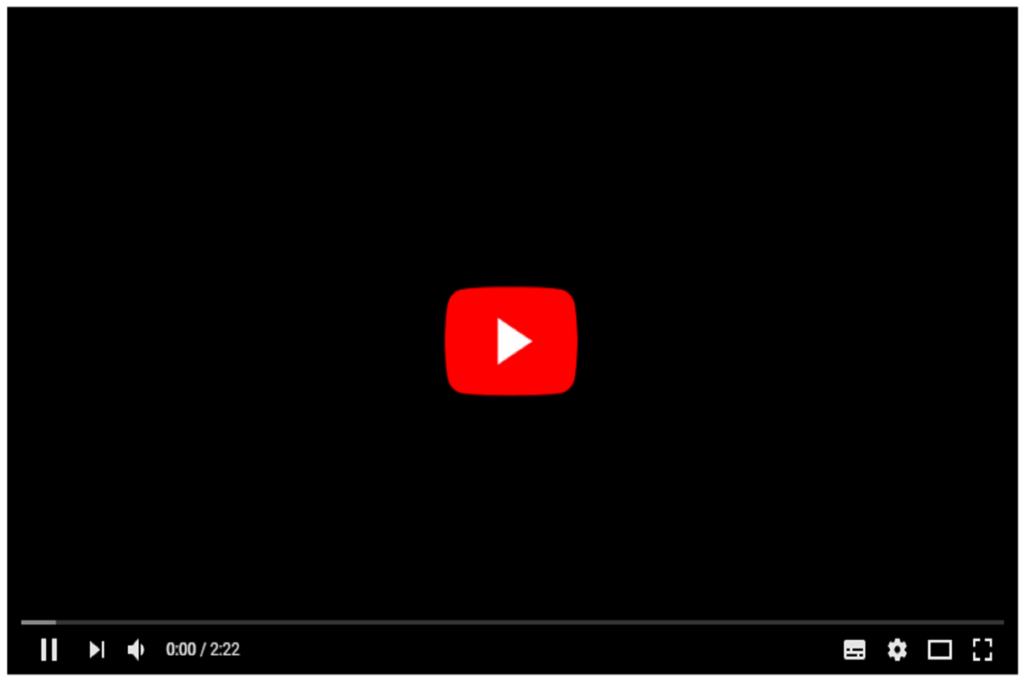YouTube is rolling out a new tool called “Checks” that informs a producer ahead of time if their video contains copyrighted content and complies with promoting guidelines, in an attempt to make the process of importing a video and collecting ad revenue easier.
Prior to Checks, developers uploaded their videos to YouTube and hoped everything went smoothly.
The new feature checks uploads for copyrighted content, which can result in takedowns or copyright holders claiming ad revenue.
YouTube is introducing a new tool called “Checks” that will alert creators about copyright issues before they post a video.
YouTube is rolling out a new tool called “Checks” that informs a producer ahead of time if their video contains copyrighted content and complies with promoting guidelines, in an attempt to make the process of importing a video and collecting ad revenue easier.
Prior to Checks, developers uploaded their videos to YouTube and hoped everything went smoothly.
The new feature checks uploads for copyrighted content, which can result in takedowns or copyright holders claiming ad revenue.
If the Content ID matches content material inside the creator’s video to a different rights holder, the YouTuber importing the video will be alerted through Checks to find a way to delete such a part of the video ahead of time.
As a result, videos will begin earning money the moment they are posted, as opposed to going through a claim conflict, which can have an impact on the total promoting income a producer receives.
So, what happens if a copyright claim is found, but the author does not believe they are doing anything wrong?
Creators will be able to contest the claim before it is published on YouTube.
Since claims can take several days to resolve, YouTubers can either wait until the conflict is resolved before releasing the video, or they can publish the video while waiting for the final result.
If the conflict determines that the author did not use copyrighted content, ad revenue received during that time period is charged to the named party.
If the conflict determines that the rights holder is appropriate, the ad revenue is charged to them as an alternative.
It is part of the company’s ongoing efforts to ensure that creators can monetize their videos as quickly and successfully as possible.
YouTube is simply making it easier for producers to find and contest allegations ahead of time.
Read More on Tech Gist Africa:
YouTube content creators will be expected to pay Taxes, From June 2021
Instagram launches Live Rooms, which will allow up to four people to livestream together at the same
